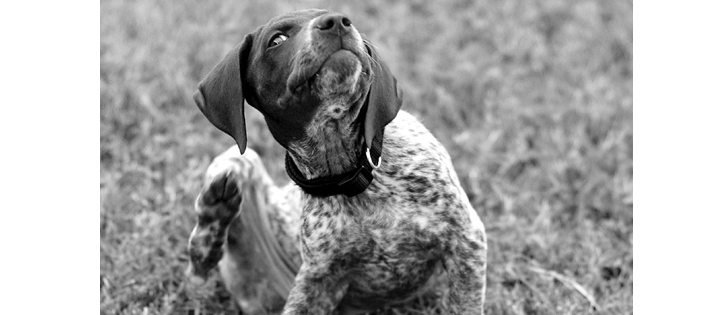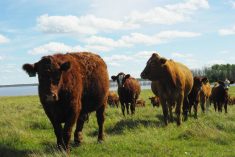When Saskatchewan rancher Jack Hextall participated in his first trade mission to Asia, he took along a photo album to show his hosts pictures of his home at Grenfell.
He was pleasantly surprised when people showed a genuine interest and wanted to learn more about his home and how he produces beef.
“They really want to connect with what you do. That really surprised me,” said the chair of Canada Beef Inc.
“As producers, we are not ones to go and say, ‘look at us.’ We stick to ourselves and we don’t do any bragging. We have a story to tell, and what surprised me is people want to hear it.”
Read Also

Beef check-off collection system aligns across the country
A single and aligned check-off collection system based on where producers live makes the system equal said Chad Ross, Saskatchewan Cattle Association chair.
That self effacing style could be the foundation of future Canada Beef promotion campaigns to build brand loyalty around the world.
International polling of consumers, producers and processors in Canada, China, Mexico and Japan have found that potential customers associate Canada with wide open spaces, a clean environment and nice people who follow the rules.
There may be negative aspects to eating beef, such as worries about fat or the effect of cattle production on the environment, but those appear to be minor concerns among those surveyed, said Nick Black of Intensions, an international marketing research company.
“A focus on the positives is really what is driving consumers’ behavior and thinking,” he told Canada Beef’s annual forum in Calgary Sept. 17-18.
The survey found that the highest weekly beef consumption was in Mexico and the lightest in Japan.
The Chinese had the most positive response.
“They are even bigger fans of Canadian beef than Canadians. There is a huge untapped market potential there,” Black said.
Ranchers from Canada are thought of as busy, dedicated, honest, ethical and trustworthy people. The beef was considered a high quality, tasty product raised in a clean environment.
“You guys have a lot of trust out there in people’s minds,” he said.
Canada needs to capitalize on that good opinion and build a story, said Bill Baker of BB & Co. Strategic Storytelling.
Customers need to think of the Canadian landscape as the ideal place for raising beef by hard working farmers in a well governed country with high food safety standards.
“Canada in many ways is the world’s perfect place for raising bee–f. That is a fact that we need to start leveraging,” Baker said.
“This isn’t about chest beating or flag waving, saying ‘Canadian beef is the best beef in the world,’ because that would feel kind of un-Canadian to say that.”
The technical information about Canadian beef can still be used for certain customers who request it, but the brand needs to focus on good impressions that already exist.
“That admiration, that desire already exists. What Canada Beef needs to do is simply ignite it,” he said.
A new campaign to be launched in January will be based on successful projects already in place. Partnerships with Karisma Resorts in Mexico, where Canadian beef is featured on hotel menus, as well as a three year venture with the Canadian Football League will continue with more to come, said Rob Meijer, head of Canada Beef.
Canadian beef sales around the world were close to record levels last year.
Exports were up 14 percent in volume and 46 percent in value totaling $1.94 billion. This is the third largest export value on record for the Canadian industry.
Nearly 25 percent of exports went offshore last year compared to 15 percent in 2002.
Contact barbara.duckworth@producer.com


















